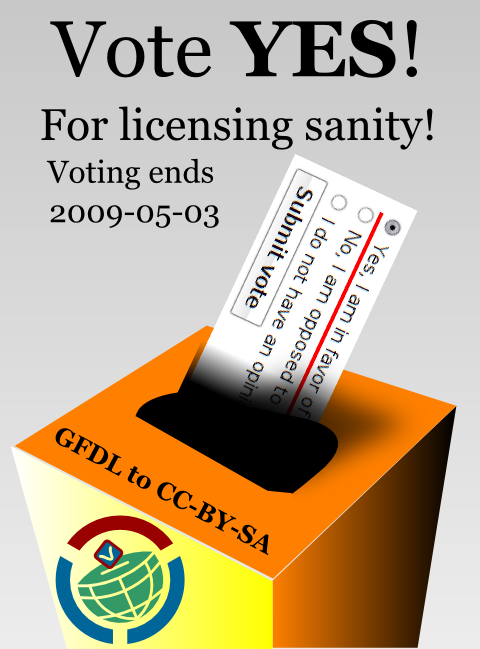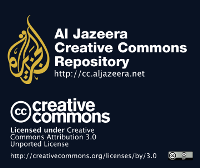 Washington Lawyers for the Arts has invited me to speak on copyright licensing panel later this month. The talk will be at 4Culture, 101 Prefontaine Pl S, Seattle, Washington 98104 on Tuesday, September 22, 2009, Noon – 2:00 pm. The other speaker on the panel is Nick Mitchell of Hughes Media Law Group and the moderator is Jefferson Coulter who blogs on copyright at Copyright or Wrong. This should be a good talk with lots of time for Q&A. The registration is only $10 for students and artist, hope to see people there.
Washington Lawyers for the Arts has invited me to speak on copyright licensing panel later this month. The talk will be at 4Culture, 101 Prefontaine Pl S, Seattle, Washington 98104 on Tuesday, September 22, 2009, Noon – 2:00 pm. The other speaker on the panel is Nick Mitchell of Hughes Media Law Group and the moderator is Jefferson Coulter who blogs on copyright at Copyright or Wrong. This should be a good talk with lots of time for Q&A. The registration is only $10 for students and artist, hope to see people there.
Here is the full announcement from WLA:
SEATTLE – Copyright is the primary means of protecting an artist’s rights in his or her works. However, understanding the nuances of copyright law and the implications the law has on using others’ works, or allowing others to use yours, can be daunting, and has led to increasing criticism of the U.S. copyright system as a whole.
In 2001, Creative Commons was established with the goal of making it easier for people to share and build upon the work of others, and it has since developed a variety of model licenses that can be used when licensing one’s works. In this presentation, attorneys Jefferson Coulter, Nick Mitchell and Brian Rowe will discuss Creative Commons licenses and their use in the arts.
The presentation will begin with a brief discussion of copyright law and copyright licensing, and the policy considerations that inform copyright law in the U.S. The discussion will then turn to Creative Commons, with an examination of the reasons Creative Commons was established, what Creative Commons licenses are (and are not), why you may or may not want to use them, and important things to consider if you do. A question and answer session will follow.
DATE:
Tuesday, September 22, 2009
TIME:
Noon – 2:00 pm (registration begins at 11:30, brownbag lunches welcome)
LOCATION:
4Culture
101 Prefontaine Pl S
Seattle, Washington 98104
FEE: In advance: $35 Attorneys and Paralegals; $10 Artists and Students. At the door: $40 Attorneys and Paralegals; $15 Artists and Students
REGISTRATION:
To register, visit Brown Paper Tickets, http://brownpapertickets.com/producer/3042 , or phone 24/7 at 800.838.3006. To pay at the door, RSVP to Washington Lawyers for the Arts at 206.328.7053. Please note that the event is subject to cancellation; visit http://www.thewla.org/ or call 206.328.7053 for more information.
MORE INFORMATION: To view the full event information, select this link.






